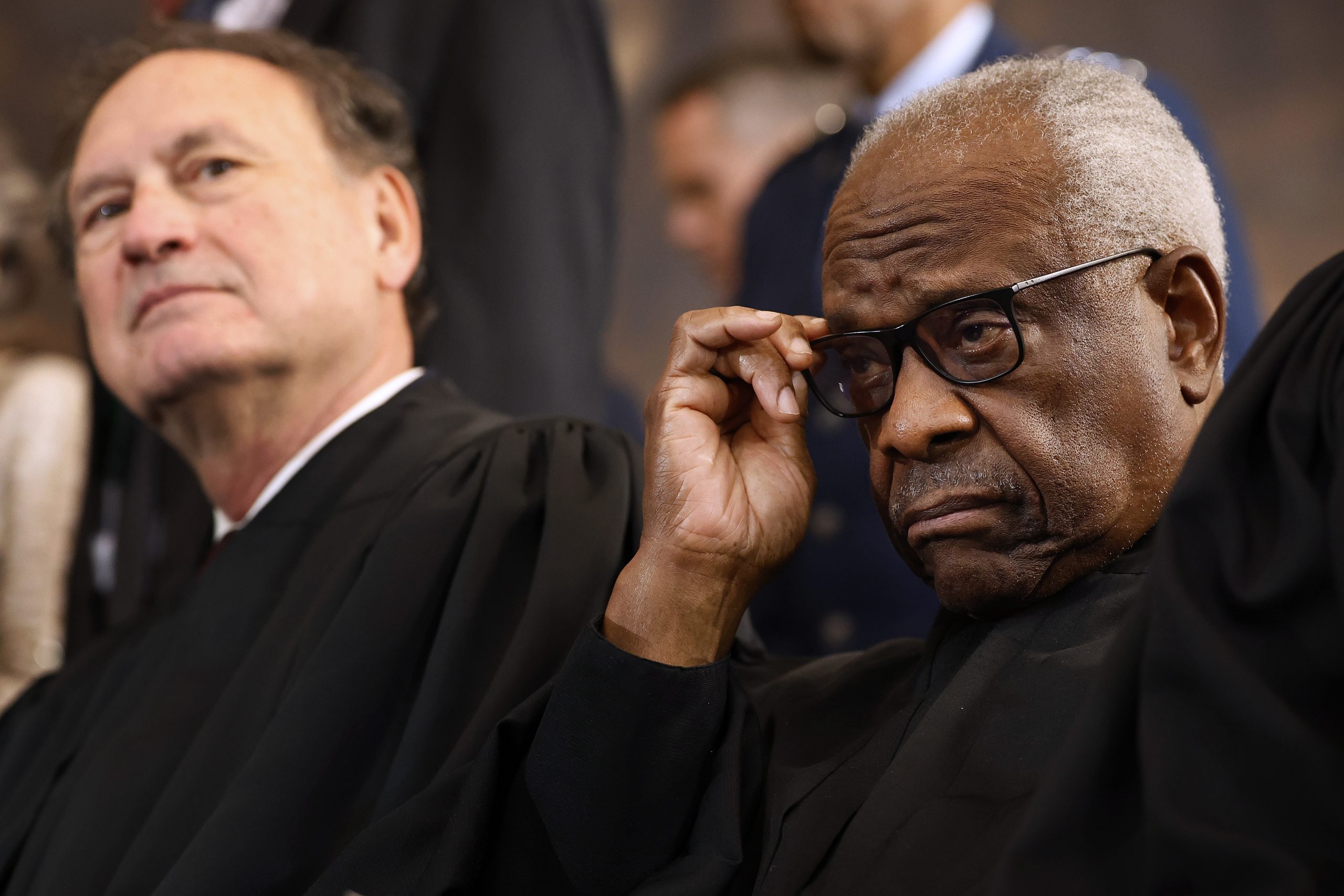Voting Rights Act: A Civil Rights Triumph Facing New Challenges
The Voting Rights Act (VRA) of 1965 stands as a monument to American progress, a legislative achievement that dismantled Jim Crow-era barriers and ushered in an era of greater enfranchisement for Black voters. But this landmark law, once a beacon of hope, now faces an uncertain future amid shifting political landscapes and ongoing legal challenges.
A Legacy of Empowerment
Before the VRA, Black voter registration in states like Mississippi languished at a mere 6.7%. The Act, signed into law by President Lyndon B. Johnson, swiftly transformed the political landscape. Within two years, Black voter registration in Mississippi soared to 60%, demonstrating the VRA’s profound impact on empowering marginalized communities. The VRA successfully addressed discriminatory practices such as literacy tests and poll taxes, empowering the federal government to oversee elections in areas with a history of voter suppression. This intervention proved crucial in ensuring fair and equal access to the ballot box for all citizens, regardless of race.
Erosion and New Obstacles
Despite its undeniable success, the VRA has faced significant setbacks in recent years. Supreme Court decisions, particularly
Shelby County v. Holder
in 2013, weakened the Act’s preclearance provision, which required certain states with a history of discrimination to obtain federal approval before making changes to their voting laws. This ruling opened the door for states to enact restrictive voting measures, such as stricter voter ID laws and reduced early voting periods, raising concerns about potential voter suppression.
A Shifting Political Landscape
The current political climate presents new challenges to the VRA’s effectiveness. The rise of partisan polarization and the spread of misinformation have created an environment where election integrity is constantly questioned, and voter access is increasingly politicized. Furthermore, the concentration of power in certain sectors raises concerns about whether the assumptions underpinning the VRA remain valid. Can we fully rely on the executive or judicial branches to safeguard voting rights in an era of deep division and distrust? The enduring relevance of the VRA hinges on a renewed commitment to protecting the right to vote and adapting the law to meet the evolving challenges of the 21st century.
Conclusion
The Voting Rights Act remains a cornerstone of American democracy, but its future is far from assured. As the Supreme Court prepares to address further challenges to the Act, it is imperative to remember the VRA’s historical significance and the ongoing struggle to ensure equal access to the ballot box for all Americans. Preserving and strengthening the VRA is not just a legal imperative; it is a moral one, essential for upholding the principles of democracy and justice upon which this nation was founded.
Based on materials: Vox





